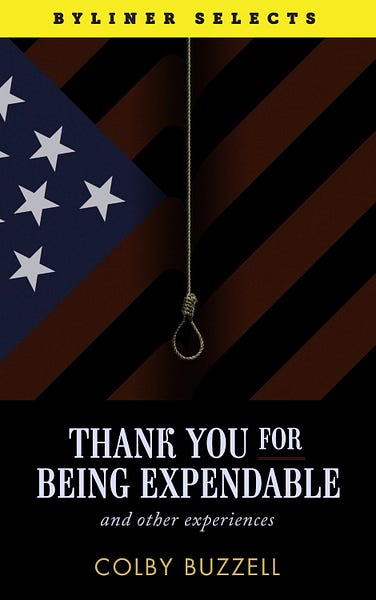25 May , 2015
 When the Pakistani Corps Commanders conveyed through an ISPR statement that R&AW was whipping up terrorism in Pakistan, the Pakistani media made an interesting observation; that it was unusual for fingers being pointed directly at R&AW in a Corps Commanders Conference. Pakistani media says it is the second time in three weeks that the military leadership has raised the issue of activities of foreign governments and intelligence agencies in Pakistan.
When the Pakistani Corps Commanders conveyed through an ISPR statement that R&AW was whipping up terrorism in Pakistan, the Pakistani media made an interesting observation; that it was unusual for fingers being pointed directly at R&AW in a Corps Commanders Conference. Pakistani media says it is the second time in three weeks that the military leadership has raised the issue of activities of foreign governments and intelligence agencies in Pakistan.
…there is institutionalized effort to radicalize the populace to prevent them reflecting on the diabolical game being played by the military to remain in power…
Earlier on April 15, Raheel Sharif, army chief reportedly warned “foreign governments and intelligence agencies” against their involvement in the insurgency in Balochistan, but on that occasion he did not explicitly name R&AW. We will come to the Balochistan part later but an article titled ‘More Lethal Than RAW’ by Pervez Hoodbhoy in the Dawn dated 16 May 2015 took the wind out of the ISPR statement wherein he said, “RAW’s alleged antics are pinpricks compared to the massive and irreversible brain damage that Pakistan’s schools, colleges, and universities inflict upon their students”.
























